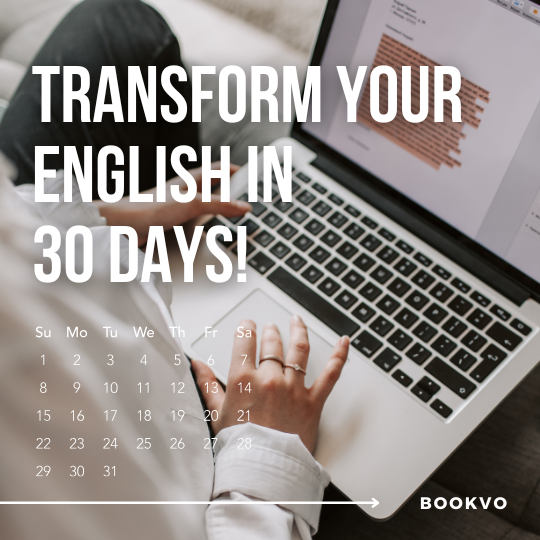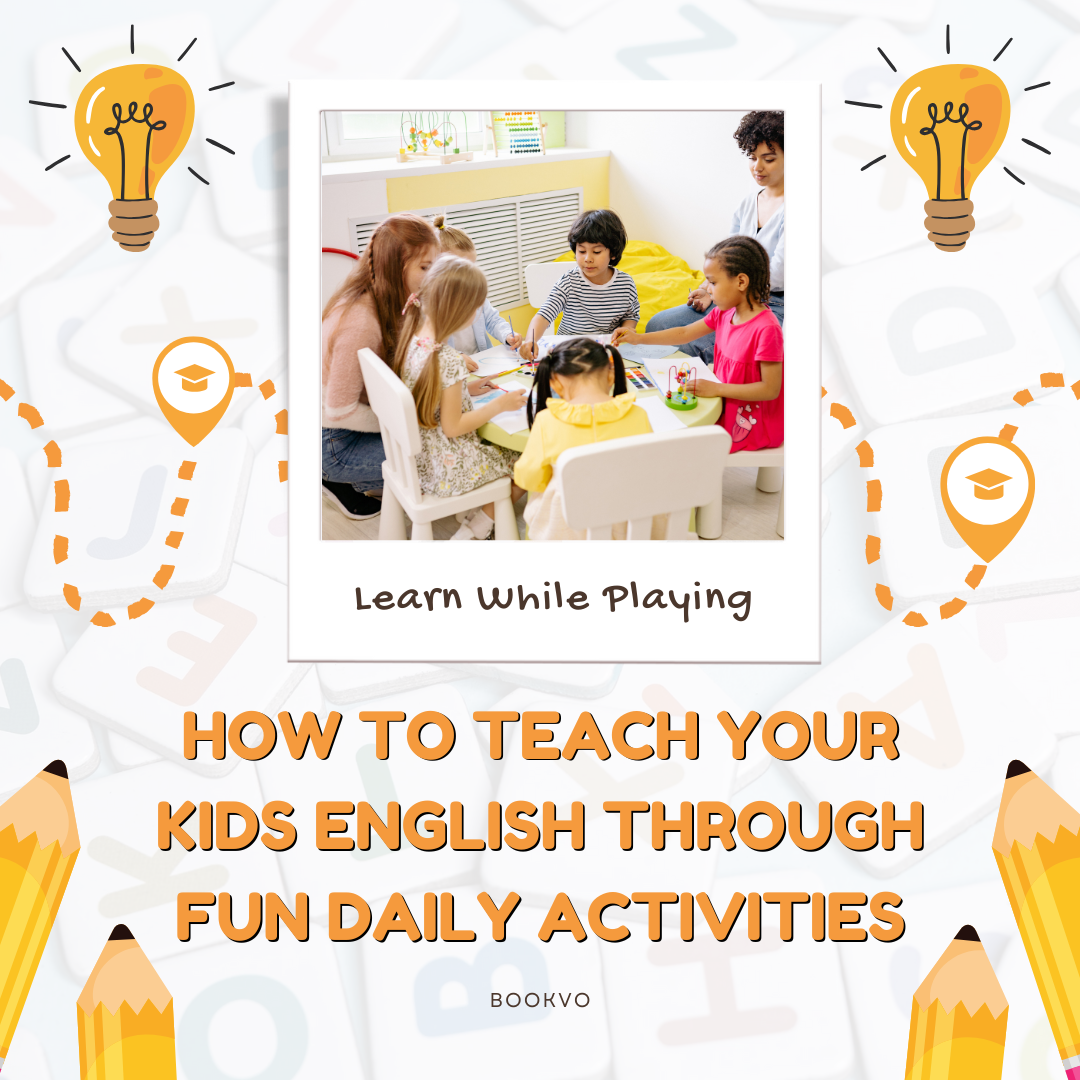Watching TV shows and movies is not just entertainment—it's one of the most effective tools to improve your English skills while having fun. But how do you maximize the benefits and turn binge-watching into a productive language-learning session? Let’s break it down.
Why TV Is a Powerful Language Tool
TV shows and movies combine visuals, audio, and context, making it easier to understand the meaning of words and phrases. Here's why they work so well:
- Real-Life Vocabulary: You hear everyday language, slang, idioms, and expressions that textbooks often miss.
- Listening Practice: Different accents, speeds of speech, and tones improve your ability to understand English in real-life scenarios.
- Cultural Insights: You get a glimpse into the culture, humor, and customs of English-speaking countries.
Read our other articles:
Mindfulness in Language Learning
English Learning Hacks for Busy People
5 Tips for Learning English with TV
1. Choose the Right Content
Pick TV shows or movies that match your current level of English. If you're a beginner, try family-friendly shows or animations with simple dialogue. For intermediate learners, go for sitcoms, dramas, or comedies. Advanced learners can explore complex plots, historical dramas, or thrillers.
Pro Tip: Start with something you're genuinely interested in! Passion for the story keeps you motivated.
2. Use Subtitles Strategically
Subtitles are your best friend, but they must be used wisely.
- Beginner: Start with subtitles in your native language to understand the plot.
- Intermediate: Switch to English subtitles to connect sounds with words.
- Advanced: Turn off subtitles and challenge yourself to rely only on your listening skills.
3. Repeat Key Scenes
If you come across a scene with interesting phrases or pronunciation, pause and replay it. Repeat after the actors to mimic their pronunciation and intonation. It’s a great way to practice speaking without the pressure of live conversation.
4. Keep a Vocabulary Notebook
Jot down new words, phrases, or idioms you hear while watching. Don’t just write the words—add an example sentence and note how they were used in the show. Later, review and practice them.
5. Shadow the Dialogue
Shadowing means repeating what the characters say as closely as possible, imitating their tone, speed, and rhythm. This technique boosts your pronunciation and fluency.
What to Watch?
Not sure where to start? Here’s a list of popular options tailored to different learning goals:
- For Beginners:
- Friends: Easy-to-follow conversations with humor.
- Peppa Pig: Short and simple dialogues.
- For Intermediate Learners:
- The Office: Everyday workplace humor.
- Stranger Things: Engaging with straightforward dialogue.
- For Advanced Learners:
- Sherlock: Complex language and wit.
- Game of Thrones: Historical context with rich vocabulary.
Consistency Is Key
Watching one episode or movie won't transform your English overnight. Make it a habit! Even 20 minutes a day can have a significant impact over time.
The Hidden Benefit
Watching TV doesn’t just improve your English—it makes the learning process enjoyable. The more fun you have, the more likely you are to stick with it. So grab some popcorn, choose your favorite show, and start your journey to fluency.
Remember: Every episode watched is a step closer to mastering English!
Download Bookvo Now!










